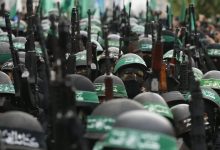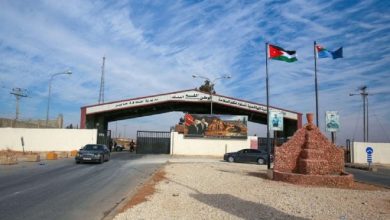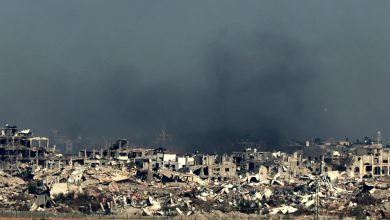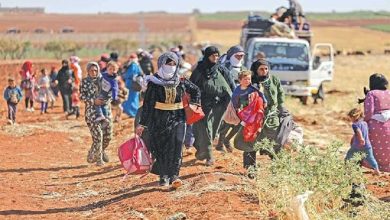Palestinian Government Prepares to Assume Full Responsibilities in Gaza Amid Reconstruction Efforts
Palestinian government outlines plans for Gaza reconstruction and calls for global support.

Watan-The Palestinian Presidency announced this evening, Friday, that the Palestinian government has completed all preparations to assume its full responsibilities in the Gaza Strip. In a press statement, the Presidency explained that the administrative and security teams of the Palestinian government “are fully prepared to carry out their duties, alleviate the suffering of the Palestinian people, facilitate the return of displaced persons to their homes and residences, restore basic services such as water and electricity, take over the border crossings, and initiate reconstruction.”
The Palestinian Presidency reaffirmed the position repeatedly stated by President Mahmoud Abbas that “the State of Palestine has legal and political sovereignty over the Gaza Strip, as well as the rest of the occupied Palestinian territories in the West Bank and Jerusalem. The Presidency rejects any attempt to sever any part of this land or to expel any Palestinian citizen from their homeland.” The Presidency also called on the international community, neighboring countries, and donor nations to provide urgent humanitarian assistance to enable the Palestinian government to fulfill its responsibilities toward the Palestinian people, who have endured a genocide in Gaza and severe Israeli aggression and violations in the West Bank and Jerusalem.
The Presidency emphasized “the urgent need for a political solution based on international legitimacy and the Arab Peace Initiative,” as reiterated at the recent United Nations General Assembly session. This includes convening an international peace conference to rally global recognition of the State of Palestine and to secure its full membership in the United Nations, thereby achieving security and stability in the region and ending the occupation. This would pave the way for the establishment of the State of Palestine, with East Jerusalem as its capital, within the 1967 borders, in accordance with international legitimacy and international law, ensuring peace and security for all in the region.
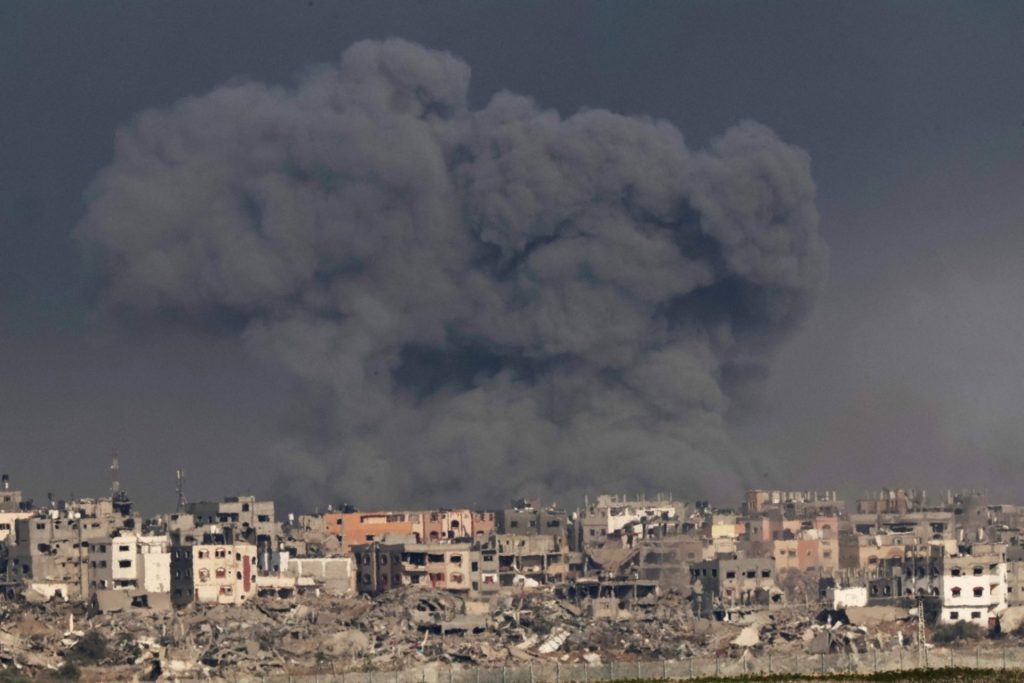
Following the announcement of a ceasefire in Gaza, the Presidency reiterated the firm stance declared by Abbas since the first day of the Israeli aggression on Gaza: the immediate cessation of hostilities, a full Israeli withdrawal, and the assumption of full Palestinian responsibility for Gaza as an inseparable part of the occupied Palestinian territories. The Presidency saluted the sacrifices and resilience of the Palestinian people in the face of genocide. It also praised the efforts of Qatar and Egypt during this period to achieve the ceasefire agreement, as well as the contributions of Saudi Arabia, Jordan, the United States, and global solidarity movements advocating for an immediate ceasefire.
Meanwhile, the Palestinian government and the Arab International Reconstruction Agency in Palestine have mapped out the main roads in Gaza that will be reopened immediately after the aggression ends. The government indicated that this initiative stems from its humanitarian duty and is based on the directives of Prime Minister Mohammad Mustafa, in collaboration with the Arab and Islamic Fund Committees and the Ministry of State for Relief Affairs. The Arab International Reconstruction Agency in Palestine (AIOCP) will immediately provide the necessary equipment to clear, level, and remove debris from the main roads in Gaza City and Jabalia as an initial phase, facilitating the return of citizens to northern Gaza in coordination with the municipalities of Gaza and Jabalia.
The roads and intersections targeted for reopening in the first phase in Gaza City include Nabulsi Intersection, 17th Circle, Chalets Intersection, Port Intersection, Abu Hasira Intersection, Ansar Circle, Industrial Intersection, Aviation Intersection, Dahdouh Intersection, Dawla Intersection, and Palestine Intersection. In Jabalia, the targeted roads include Zamo Intersection, Hammouda Intersection, Zayed Intersection, Terence Intersection, Halabi Intersection, Abu Shrekh Intersection, Communications Intersection, Beit Lahia Main Intersection, Missile Intersection, General Security Intersection, Nursery Intersection, Sea Intersection, and Tuwam Intersection.
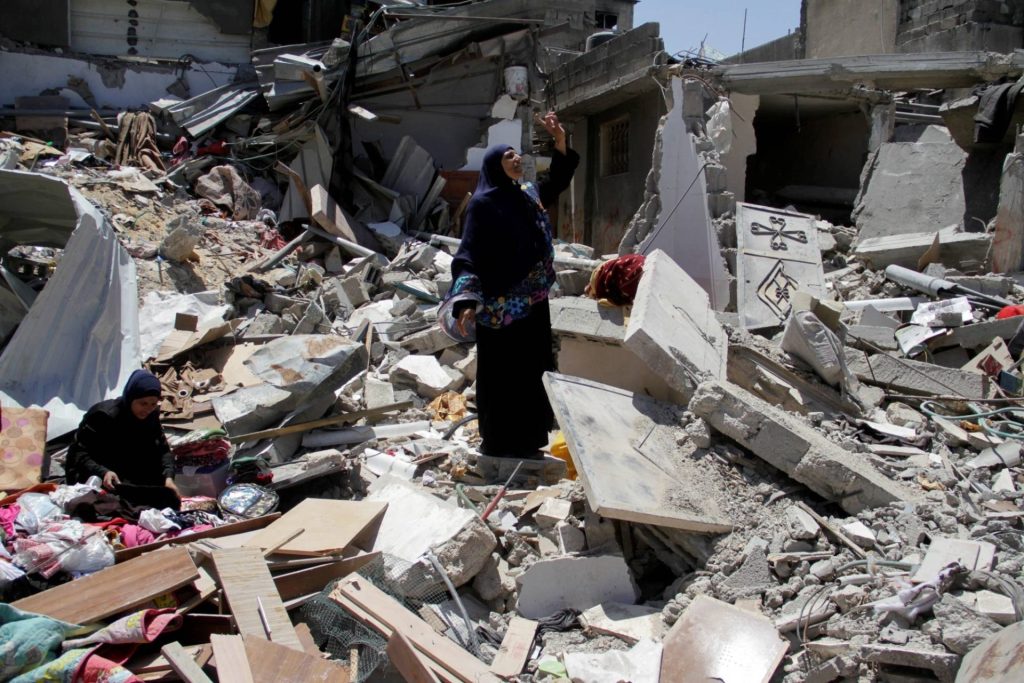
Additionally, Palestinian Prime Minister Mohammad Mustafa held consultations with his Belgian counterpart Alexander De Croo to advance the peace process and actualize the Palestinian state, addressing the situation in Palestinian territories, especially Gaza. Mustafa stressed that “it is not enough to merely halt aggression and ceasefire; a political path must lead to ending the occupation, establishing the Palestinian state, and granting our people their legitimate rights to freedom and independence.”
The Prime Minister highlighted the readiness of state institutions to intensify efforts in Gaza immediately after the aggression ceases, focusing on relief and restoring basic services. He also urged the European Union to resume its mission at the Rafah border crossing to facilitate the delivery of relief aid to Gaza.


